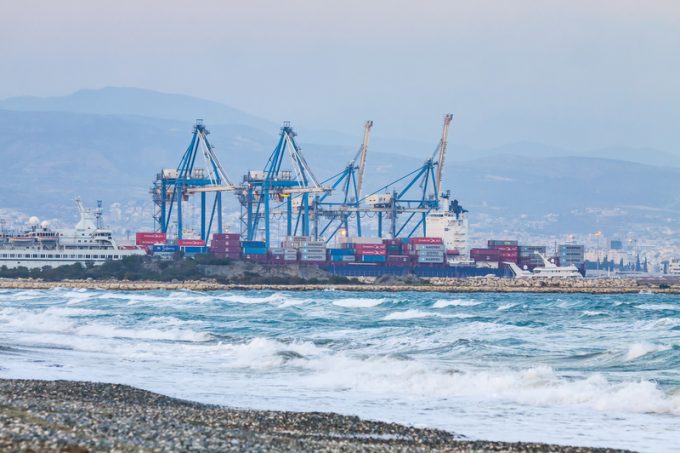Ole Trumpfheller joins Maersk as VP and MD North Europe
Maersk has appointed Ole Trumpfheller (above) as its new vice president and managing director for ...
TFII: SOLID AS USUALMAERSK: WEAKENINGF: FALLING OFF A CLIFFAAPL: 'BOTTLENECK IN MAINLAND CHINA'AAPL: CHINA TRENDSDHL: GROWTH CAPEXR: ANOTHER SOLID DELIVERYMFT: HERE COMES THE FALLDSV: LOOK AT SCHENKER PERFORMANCEUPS: A WAVE OF DOWNGRADES DSV: BARGAIN BINKNX: EARNINGS OUTODFL: RISING AND FALLING AND THEN RISING
TFII: SOLID AS USUALMAERSK: WEAKENINGF: FALLING OFF A CLIFFAAPL: 'BOTTLENECK IN MAINLAND CHINA'AAPL: CHINA TRENDSDHL: GROWTH CAPEXR: ANOTHER SOLID DELIVERYMFT: HERE COMES THE FALLDSV: LOOK AT SCHENKER PERFORMANCEUPS: A WAVE OF DOWNGRADES DSV: BARGAIN BINKNX: EARNINGS OUTODFL: RISING AND FALLING AND THEN RISING

DHL GFF reports that “2018 has seen a significant rise in the cost of fuel, which has squeezed margins for those carriers that were unprepared. In addition, IMO’s 2020 global sulphur cap of 0.5% on marine fuels to come into effect 1 Jan 2020, means further significant hikes in shipping rates. The good old days of enjoying cheap bunker fuel are definitely gone. Most large carriers have already adapted their bunker surcharge calculation methodology in an atempt to provide more transparency and fairness. DGF expects from the carriers that these changes will also mean that emergeny bunker surcharges can be avoided going forward. What is clear from a forwarder side is that we will have to pass through these surcharges to our customers. DGF is therefore no longer quoting ‘all in’ clauses for rates with validities over 6 months. To the benefit of our customers Danmar Lines is publishing its own BAF formula that simplifies the calculations across all carriers.”
Comment on this article